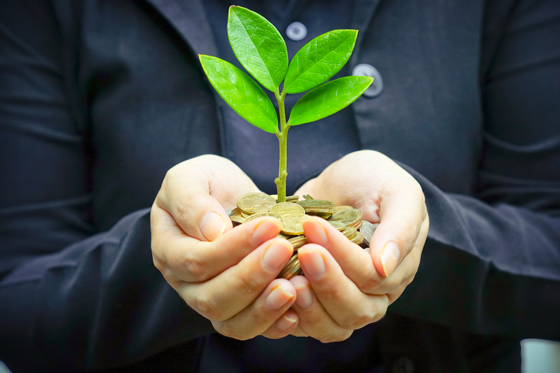Carbon tax, the “green” tax – “Polluter pays” principle

13 Mar 2019
Carbon tax has been a topic of discussion and consultation for nearly 10 (ten) years. Draft carbon tax bills were introduced in 2015 and 2017. Negative feedback was received from the public as the carbon tax will result in the increase of living expenses and it will have a major impact on companies who are energy users.
This tax will be based on the “polluter pays” principle, therefore the more you pollute, the more you will pay. Many corporates are not ready for this tax to be implemented as there was a continual delay of the implementation which allowed corporates to ignore carbon tax, but it is advisable for corporates to get up to speed with his new form of tax before it is implemented in June 2019. It is important for all companies and individuals to assess the likelihood and the extent of their exposure to carbon tax, as to start the transition towards carbon free alternatives.
Carbon tax will be payable by any person – a partnership, trust, community, municipal entity or public listed entity who conducts an activity which results in the emission of greenhouse gasses above the allowed threshold. This will be an additional tax to corporate tax.
The reason behind the implementation of carbon tax is that it is part of the South African government’s attempt to deal with climate change, as the tax will be priced on greenhouse gas emissions. South Africa became part of the Paris Agreement on climate change and committing to this South Africa agreed to reduce greenhouse gases by 42% (forty two percent) by 2025. With this the government is trying to create awareness for businesses and households to how much they are actually polluting.
The benefit from carbon tax will be that it will contribute to improving sustainable development and it will reduce the greenhouse emission which will be beneficial to the health of individuals as well as it will result in less pollution, as companies and people will now be held accountable for the greenhouse emissions.
However, from a financial perspective, it might create financial burdens for many as it is another tax being added to a struggling economy and that taxpayers will have to report to the South African Revenue Services (“SARS”) on this matter, as SARS will be administering carbon tax.
Carbon tax will be phased in over a period of time to allow a more controlled and less severe transition. The current implementation which will take effect on 1 June 2019 is only phase 1 (one) and will be implemented up until 31 December 2022.
The initial marginal carbon tax rate will be R120 (one hundred and twenty Rand) per ton of carbon dioxide equivalent (“CO2e”) of the greenhouse gas emission of a taxpayer, emitted above the tax-free threshold. The effective tax rate will be much lower and will range from R6 to R48 per ton. With regards to the carbon tax legislation there are certain allowances that can reduce one’s carbon tax liability to up to 95% (ninety five percent).
The second phase will commence in 2023 up to 2030, which will entail that the carbon tax will increase at a rate of inflation plus 2% (two percent).
The concerns of the public are that carbon tax will accrue to unforeseen expenses. It will increase prices of consumer goods, along with fuel increases leading to transport cost increases. As from 1 June 2019, the carbon tax will come into effect, and from 5 June 2019, carbon tax will be implemented at 9 (nine) cents per litre on petrol and 10 (ten) cents per litre on diesel.
Carbon tax will force consumers to be more aware of the emission of greenhouse gasses, it is another price to pay but it will allow us to become a more environmentally friendly country.
See also:
- Revised Carbon Tax Bill: Urges closer to implementation
- Climate Change Bill: Here’s what you need to know

